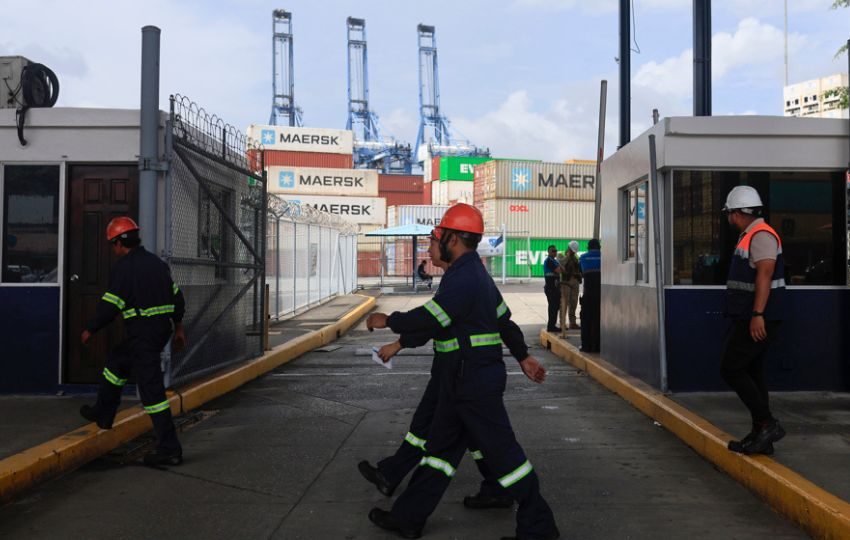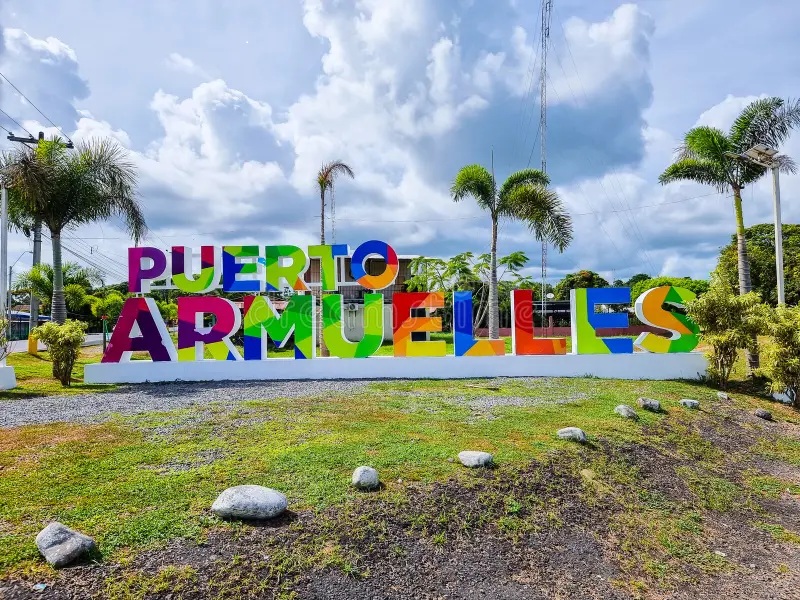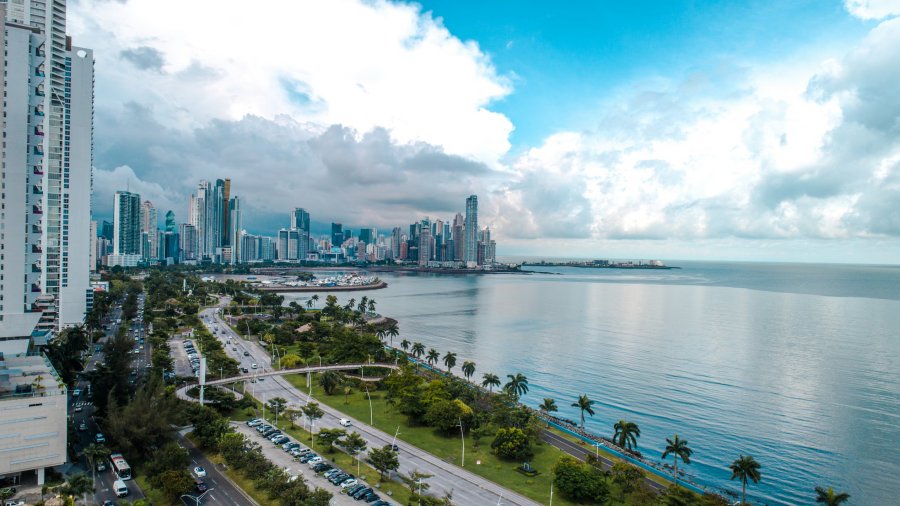Canal expansion bill could hit $6 billion

THE PRICE TAG for the Panama Canal Expansion could reach $6 billion, almost double that of the original contract with $2.682 billion in claims for cost overruns demanded by the consortium GUPC for the design and construction of the third set of locks.
The Panama Canal Authority (ACP) has already disbursed $290.1 million of the claims with the work is scheduled to be finished in a few months and the project ready in early 2016. the vast majority of the claims have yet to be decided.
The majority of the complaints submitted by the contractor are in process of being evaluated by the Board of Conflict Resolution or the Court of Arbitration in Miami reports La Prensa
The consortium, comprised of Spain’s Sacyr, the Italian firm Salini Impregilo, Belgian firm Jan de Nul and the Panamanian company Cusa, is scheduled to begin to flood the locks in June to start testing.
The number of claims has skyrocketed since the Consortium first began to present them in 2010. And there is also a discrepancy of $16 million in what GUPC says it has submitted and what the ACP says it has received.
But that $16 million is a drop in the bucket compared to the total amount says La Prensa.
Independent expert DLF Associate has estimated that the consortium will recover $1.398 billion dollars, more than half of the request so far.
The ACP paid the $233 million in December 2013, but on Jan. 20, 2014, it sent a note of disagreement and warned that it would take the case to arbitration.
The ACP based its decision on the fact that one of the three members of the board did not agree that the ACP owed that much.
The largest claim, for nearly $900 million, claims the extra cost was due to the “delay, and disruption of the work” by the ACP.
ACP Administrator Jorge Luis Quijano recently reported that the administration is hoping to receive a more detailed breakdown.
“So far it’s like a smoothie, where there is a mixture, but we need the details,” Quijano said.
The ACP has also paid the consortium more than $352 million for price increases in materials, as stated in the contract. With the outstanding claims, the price tag for the locks could reach $6 billion, almost twice the amount of the original contract.





